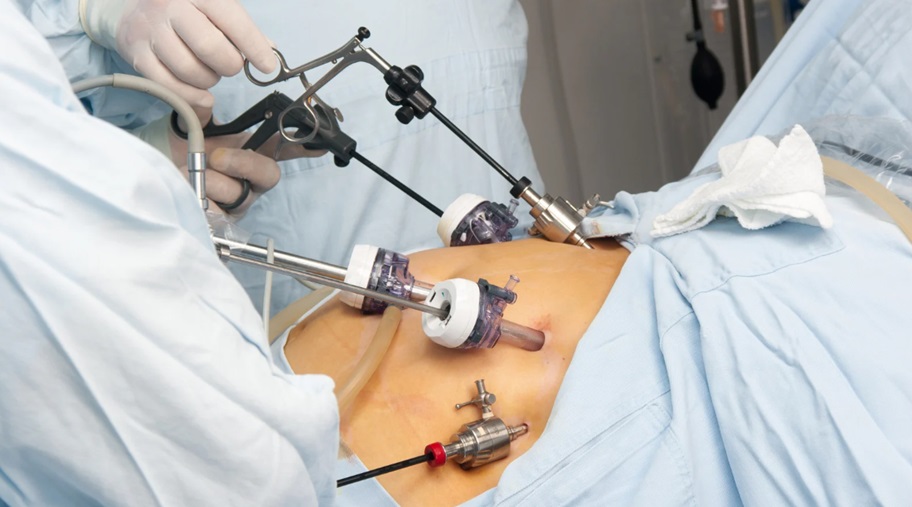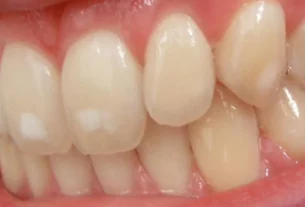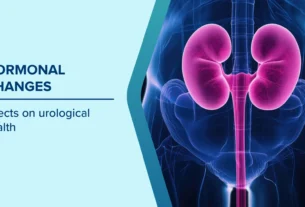
Benefits of Choosing the Gastric Sleeve for Weight Loss
For individuals struggling with obesity and related health issues, surgical weight loss solutions can be life-changing. Among the available procedures, the gastric sleeve in Maryland remains one of the most popular choices. This minimally invasive surgery reduces the size of the stomach, helping patients achieve significant and sustained weight loss with fewer complications compared to other bariatric options.
Choosing this procedure not only supports physical transformation but also brings long-term health benefits that extend beyond the number on the scale.
Why Gastric Sleeve Is Effective
Gastric sleeve surgery, or sleeve gastrectomy, involves removing a portion of the stomach to reduce its size and limit food intake. The remaining stomach is shaped like a sleeve or tube, which slows digestion and promotes satiety with smaller meals.
The surgery also impacts hormone levels, particularly those involved in hunger and blood sugar regulation, making it easier for patients to control cravings and improve conditions like type 2 diabetes or high blood pressure. Unlike procedures that reroute the intestines, gastric sleeve surgery maintains a more natural digestive process.
Post-Surgical Adjustments and Energy Levels
As with any major surgery, recovery from a sleeve gastrectomy involves physical and lifestyle adjustments. Many patients experience fatigue in the early weeks, as the body adapts to rapid weight loss and dietary changes. Developing a structured routine and staying hydrated are essential during this phase.
Understanding how to manage post-surgery fatigue after weight loss procedures is an important step in the recovery process. Incorporating nutrient-dense meals, light physical activity, and rest helps the body regain strength without overexertion.
What to Expect in the First Six Months
The initial half-year following surgery is when the most noticeable changes occur. Patients typically lose a large portion of their excess weight and begin to see improvements in mobility, sleep quality, and self-esteem.
During this time, it’s helpful to track progress and monitor how your body responds to smaller food portions and new activity levels. Knowing what happens during the first few months after gastric sleeve surgery helps patients remain focused, set realistic goals, and stay motivated through the adjustment period.
Long-Term Health Improvements
Beyond visible changes, gastric sleeve surgery supports long-term improvements in metabolic health. Many individuals experience reduced risk for heart disease, sleep apnea, and joint pain. In some cases, patients can reduce or eliminate the need for medications tied to chronic conditions.
The procedure also serves as a tool to help patients establish lasting dietary and lifestyle habits. By committing to follow-up care and support systems, individuals can maintain their results and continue improving their overall wellness for years to come.
Conclusion
Gastric sleeve surgery offers more than rapid weight loss—it provides a structured path toward lasting health and wellness. With the right preparation, commitment to recovery, and ongoing lifestyle changes, patients often find themselves healthier, more active, and more confident in their daily lives. The decision to undergo this procedure is deeply personal, but for many, it marks the beginning of a more empowered and fulfilling future.








